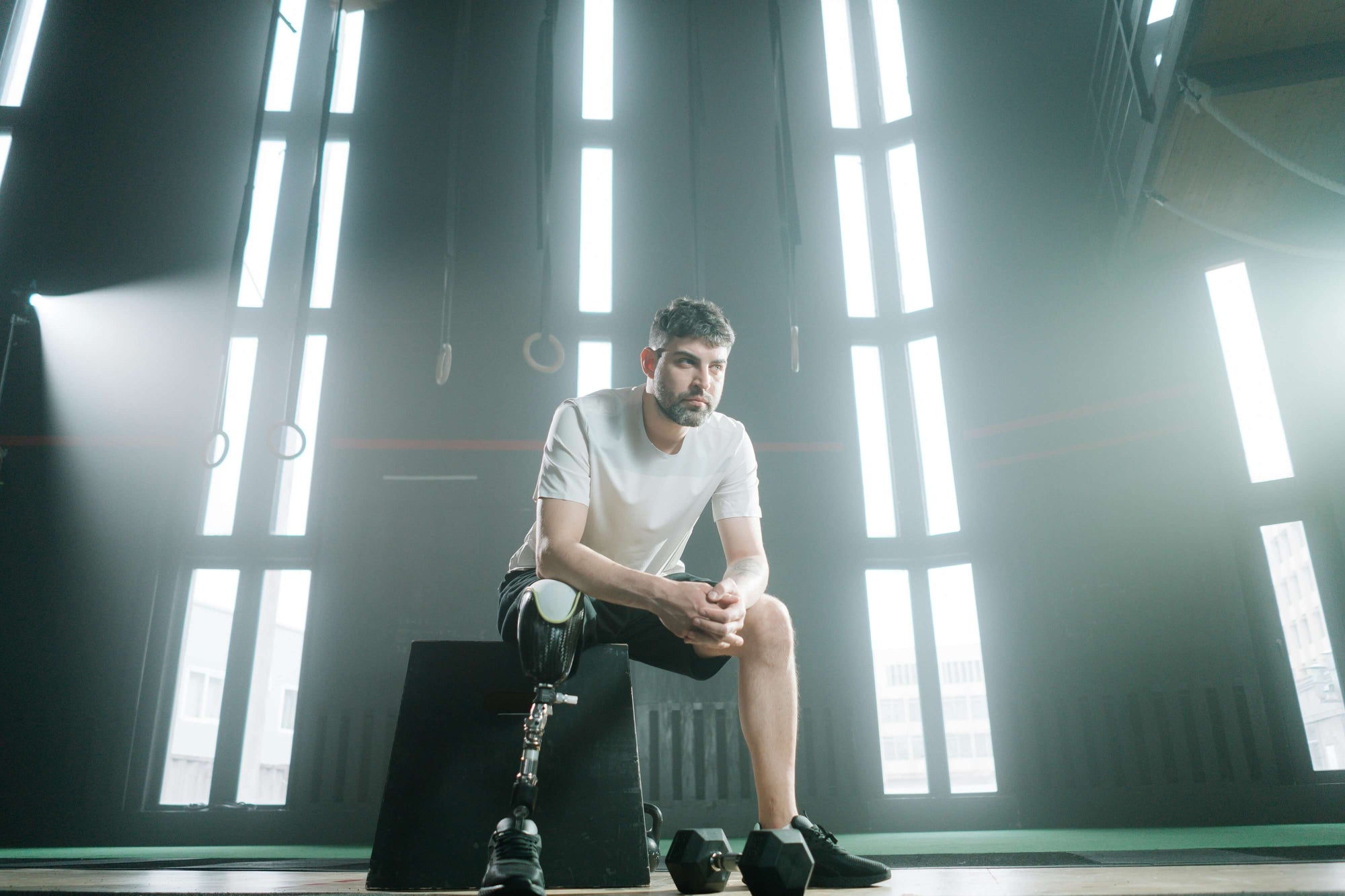

· By Jennifer McGee
Mental Health and Disability: Why It’s Crucial to Offer Support
Did you know that disabled individuals face unique mental health challenges? Mental health is a crucial component of overall well-being, but for disabled individuals, those challenges can be even greater. From daily hurdles to societal stigma, it's vital that we recognize and provide proper support for the mental health needs of people with disabilities.
Understanding the Mental Health Challenges for Disabled Individuals
People with disabilities often face multiple layers of stress. These include:
- Physical limitations: Managing a disability can be exhausting, particularly when it involves pain or reduced mobility.
- Social isolation: Many disabled individuals report feeling isolated due to societal barriers and a lack of accessible spaces.
- Discrimination and stigma: Negative societal perceptions and ableist attitudes can lead to feelings of worthlessness and exclusion.
- Financial burdens: The additional costs of managing a disability, such as medical bills, assistive devices, and accessible housing, can create financial stress.
These challenges contribute to higher rates of depression, anxiety, and other mental health conditions among the disabled population.
Why Mental Health Support is Essential
Mental health plays a crucial role in enabling individuals with disabilities to lead fulfilling lives. When mental health needs go unmet, disabled individuals are at risk of worsening both their physical and mental health. Offering support can help:
- Reduce feelings of isolation: Providing mental health services can help individuals build a support system, leading to improved well-being.
- Boost self-esteem and confidence: Empowering people with disabilities to manage their mental health can foster independence and self-worth.
- Promote inclusion: Recognizing and addressing mental health needs can break down barriers and reduce the stigma surrounding disabilities.
How to Support the Mental Health of Disabled Individuals
To offer meaningful support for the mental health of disabled individuals, consider these strategies:
-
Accessible Mental Health Services: Ensure that mental health services are fully accessible to individuals with various disabilities. This includes offering telehealth options and ensuring physical spaces are accessible.
-
Education and Advocacy: Educate yourself and others about the specific mental health challenges faced by the disabled community. Advocacy efforts that focus on destigmatizing mental illness and disability are essential.
-
Inclusive Policies: Encourage workplaces, schools, and organizations to create inclusive mental health policies that accommodate the unique needs of disabled individuals.
-
Peer Support Programs: Connecting disabled individuals with peer support groups can help foster a sense of community and belonging.
At Inclusive Art House, we believe in supporting the mental and emotional well-being of disabled individuals. Our Izzy Plush Doll offers a comforting companion that promotes inclusion and self-worth. Learn more about how this plush doll makes a difference here.
Conclusion: Offering Support is Vital
Supporting the mental health needs of disabled individuals is not just important—it’s essential. Recognizing the unique challenges they face and offering accessible mental health resources can empower them to thrive. By fostering understanding and inclusion, we can break down barriers and create a more compassionate society for everyone.
